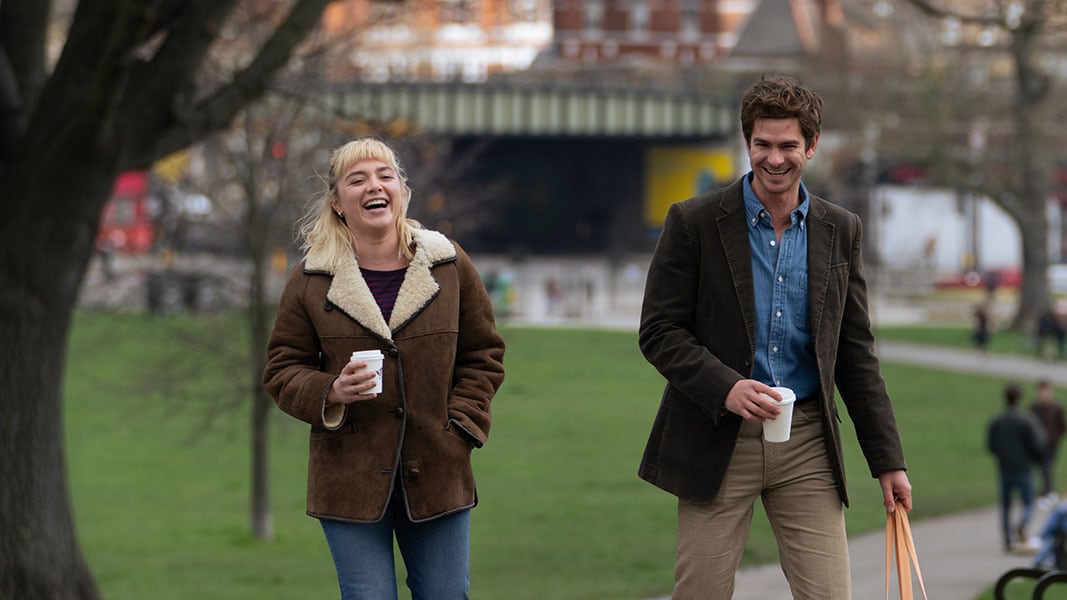‘We Live in Time’: Andrew Garfield and Florence Pugh Love, Cry, and Fight Cancer
TIME’S UP
The two talented leads of “We Live in Time” have excellent chemistry, but are no match for the onslaught of maudlin, silly twists in this romantic tragedy.

Trending Now





